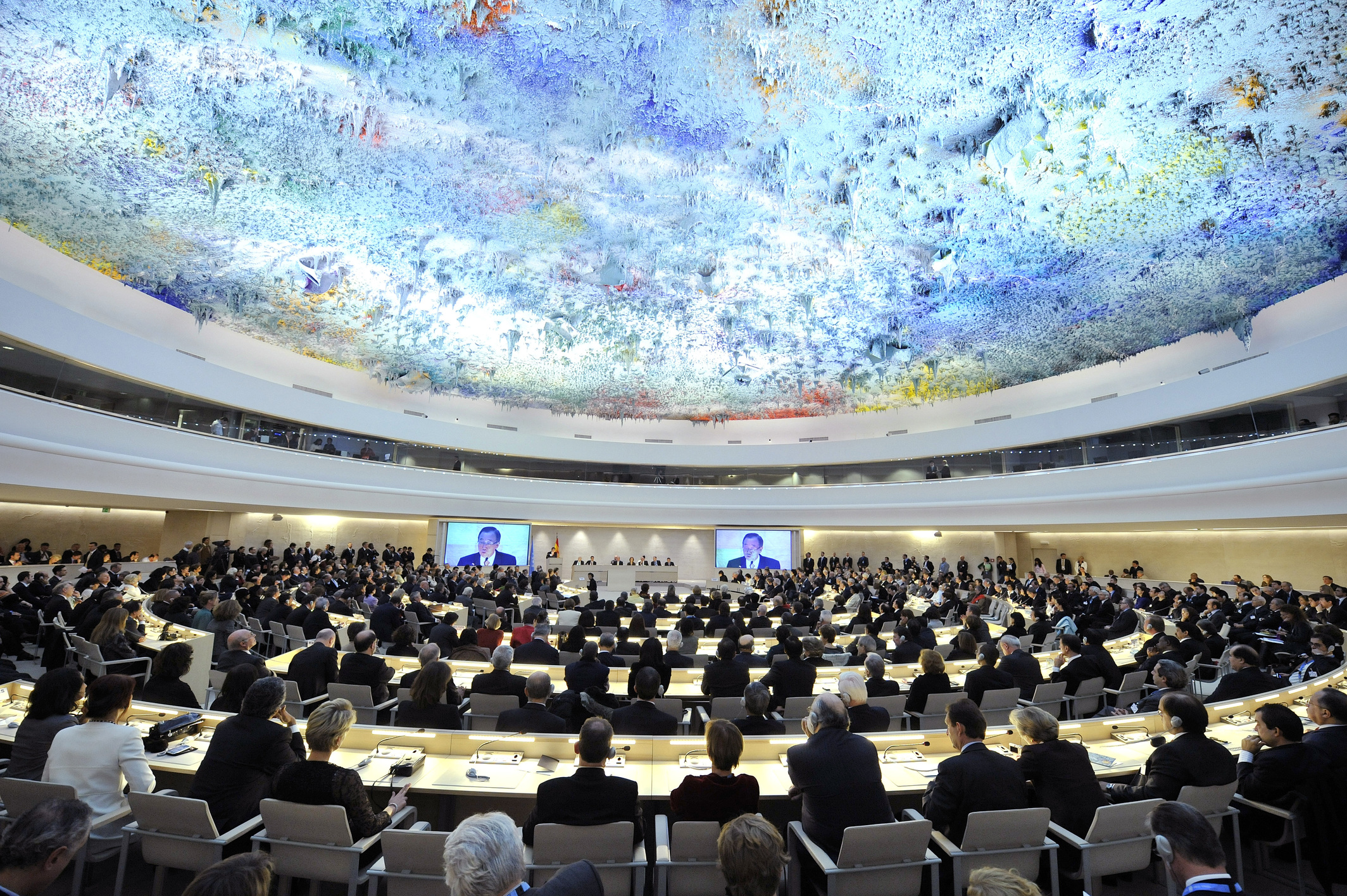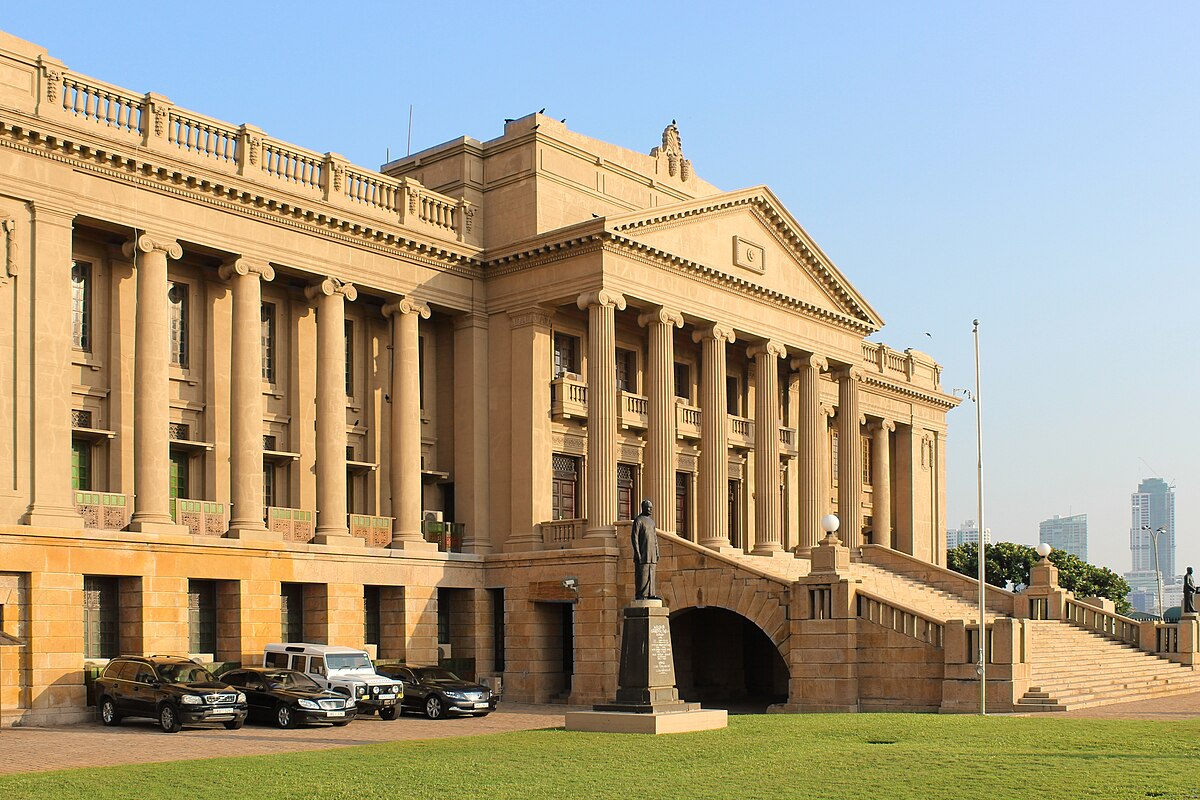The Sri Lankan Presidential Secretariat has issued stringent new guidelines limiting how government ministries, provincial councils, and state institutions can interact with foreign governments, international organisations, and diplomatic missions.
The 12-page circular, sent by Presidential Secretary N.S. Kumanayake, is effective from January 1 and has sparked concerns about its implications for Tamil engagement with the international community and broader diplomatic relations.
The guidelines, introduced under Sri Lankan president Anura Kumara Dissanayake, emphasise strict adherence to procedures that centralise foreign interactions through the Ministry of Foreign Affairs. Among the new regulations is a prohibition on provincial councils, local government bodies, and municipal councils from establishing direct contact or corresponding with foreign governments, missions, or international organizations. All communication must now be routed through the Ministry of Foreign Affairs, effectively removing any autonomy these entities previously held in international engagement.
Highlighting the restrictive nature of the new measures, Sinhala MP Dayasiri Jayasekara expressed frustration, claiming “this has become like North Korea now”.
“As ministers, we used to meet foreign envoys, communicate our requirements, and secure assistance,” he said. “This practice has now been completely stopped.”
“An ambassador cannot meet a minister without the approval of the foreign ministry.”
Tightened restrictions on media statements ‘of whatever nature’
The circular outlines detailed procedures for ministers and officials engaging with foreign dignitaries, including ambassadors and senior officials of foreign governments. It also explicitly forbids any form of media statements related to foreign policy or international relations without prior written clearance from the Ministry of Foreign Affairs. This measure, according to the circular, is intended to prevent “unwarranted bilateral and multilateral developments” and to ensure a “consistent approach” to foreign policy.
Furthermore, it restricts participation in diplomatic functions, international conferences, and seminars without presidential clearance. Even official travel requires advance notification and clearance from the Ministry of Foreign Affairs and the President, underscoring the centralisation of control over international engagements.
The guidelines extend to visa facilitation for both official and private travel. Government institutions are prohibited from issuing letters of support for private visa applications, with the Ministry of Foreign Affairs only authorised to facilitate visas for official purposes after presidential approval.
Implications for Tamil advocacy

These new restrictions have raised alarm among Tamil politicians, civil society organisations and human rights advocates, as they may hinder efforts to highlight Tamil concerns on an international stage. Over the years, Tamil diaspora organisations and representatives have worked tirelessly to bring global attention to the plight of Eelam Tamils, including war crimes, crimes against humanity and genocide.
The Sri Lankan government’s repeated rejection of calls for an international accountability mechanism for war crimes, despite mounting pressure from the UN and other global bodies, has already drawn criticism. Efforts to clamp down on local politicians and bodies engaging directly with foreign entities could stifle initiatives aimed at justice and accountability. This move also appears designed to suppress Tamil voices in international forums, potentially undoing years of advocacy work. For years now Tamils have travelled to capitals around the world and to the UN Human Rights Council to advocate for justice and accountability.
The twinning of Jaffna with the Royal Borough of Kingston in London in 2016 is also another example of the international partnerships that have amplified Tamil voices.
Such moves would now be forbidden without prior approval from Colombo under this new circular.

